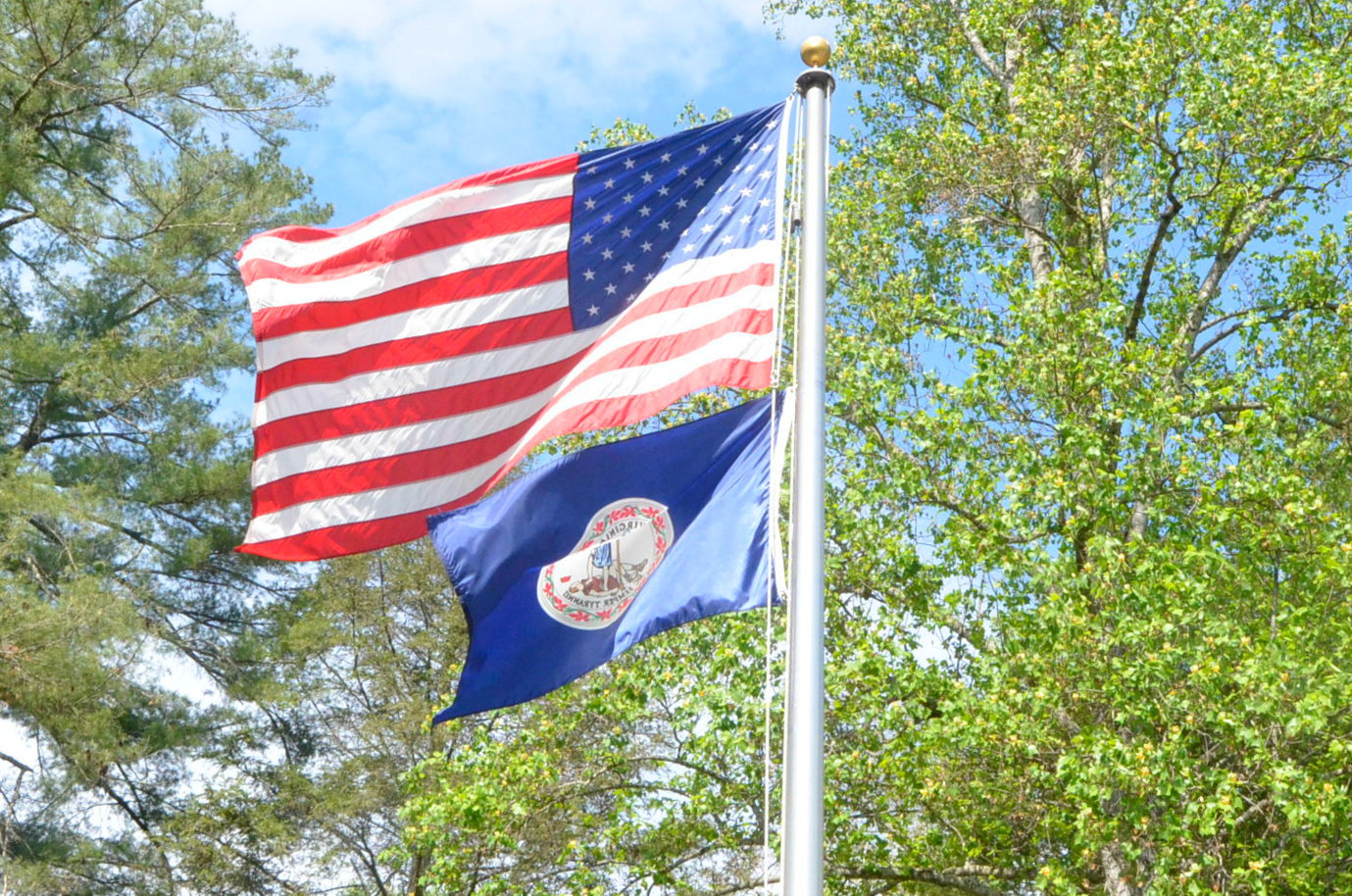
James Asher’s appointment this year as DC bureau chief for McClatchy Newspapers speaks volumes about the organization’s dedication to investigative journalism in the nation’s capital.
Asher came to the 35-person McClatchy bureau in 2002 as investigative editor. He oversaw his reporters in stories on the treatment of veterans and the collapse of the US economy, which was a 2010 finalist for a Pulitzer. He’s aiming to turn the entire staff into investigators: “My theory is everything should be investigative or you are wasting people’s time.”
Investigative reporters are the antithesis of talking-head media types. They spend hours digging into documents, pinning down public officials, closeting themselves to write long series. Newspapers have been shedding investigative reporters in the face of shrinking revenues and the fast pace of digital news—but in pockets around town they’re still alive and thriving. “Traditional spot news is everywhere,” Asher says. “To distinguish ourselves in the World Wide Web, we’ve turned back to our traditional roots—investigative reporting.”
The New York Times still leads the investigative pack in Washington, though the Wall Street Journal and the Washington Post are in the game. Yet some of the most promising work is coming from McClatchy, a chain little recognized inside the Beltway; it owns papers including the Raleigh News & Observer, the Fort Worth Star-Telegram, and the Anchorage Daily News. Its reporters did some of the best work on the detainees and conditions at Guantánamo prison.
Marisa Taylor, one of Asher’s three purely investigative reporters, joined three other McClatchy reporters to win a National Press Club award this year for their work on how corruption and mismanagement compromised US efforts to rebuild Afghanistan.
“There’s room for scrappy, underdog, muckraking news organizations,” says Taylor, who came to McClatchy in 2005 from the Virginian-Pilot. “It keeps the bigger guys honest.”
Nonprofit investigative news operations have been keeping the big guys honest, too. ProPublica, based in New York, and DC’s Center for Public Integrity are funded by foundations and wealthy contributors. Both concentrate on investigative reporting and sometimes team up with traditional news operations.
McClatchy reporters worked with reporters at CPI in March to expose the failure of a $21-billion Pentagon agency that was supposed to figure out how to detect roadside bombs and protect soldiers from them.
CPI has added 11 reporters and editors this year—bringing its editorial staff to 34—in part to staff its Web site iWatch. Says Asher: “There’s a lot going on.”
This article appears in the November 2011 issue of The Washingtonian.

















